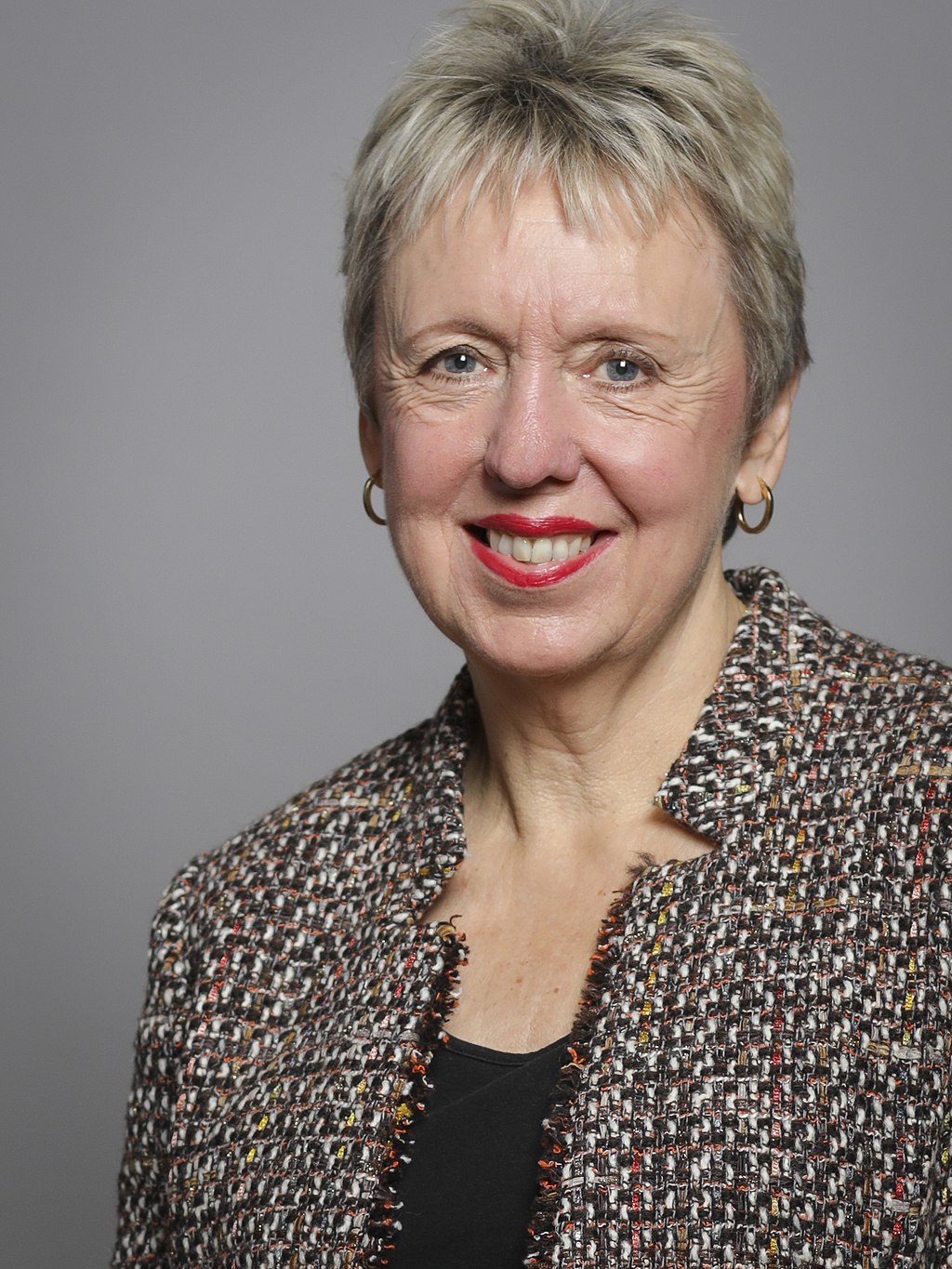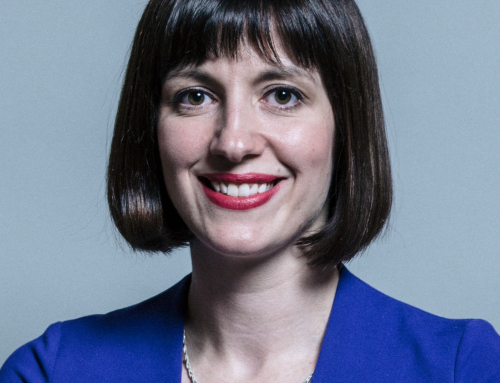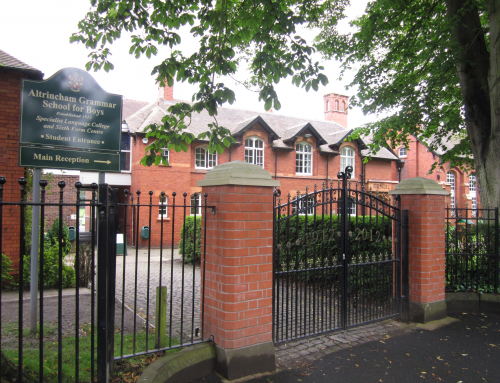Later this month, the Lords will debate a simple but important change to how school admissions are recorded and reported.
Amendment 457 to the Children’s Wellbeing and Schools Bill, tabled by Baroness Burt of Solihull, would require the Government to collect and publish data on the admissions criteria used by all state schools. The amendment will be considered during the Committee Stage on 16th of September.
At present, the Department for Education only records which schools are fully selective grammar schools. It does not hold national data on the many other admissions practices schools use, including faith requirements, aptitude or ability tests, feeder school preferences, or banding tests. This lack of information makes it impossible for parents, policymakers, or Parliament to gain a clear picture of how pupils are admitted, or the barriers families may face.
New research by the NSS and Comprehensive Future comparing FSM (free school meal) rates in secondary schools with their local primaries found that, among the 200 least inclusive state-funded secondary schools in England:
-
59% were grammar schools,
-
38% were faith schools, and
-
5 used banding tests.
This shows that different forms of selection, whether faith-based or academic, contribute to patterns of social segregation.
CF’s Chair, Dr Nuala Burgess, said, “We welcome any legislative change that makes school admissions more transparent. It’s astonishing how little is known about the criteria schools use to decide who gets a place. Sadly, it’s a fact that selection tests and faith requirements are far more likely to exclude disadvantaged children and privilege those from more affluent backgrounds. This simple amendment would shine a light on admission practices that undermine fairness and widen inequality.”
This amendment has been developed in collaboration between Comprehensive Future and the National Secular Society. The NSS were keen to see a focus on faith-based admissions, but the amendment covers all forms of school selection. At present the only way to understand the admissions methods schools use is to visit each school website — and with 24,100 schools in England, it is practically impossible to form an accurate picture of the admissions landscape. The data highlighted above involved visits to 200 school websites to record admission policies, because there is no centralised admissions data held within DfE records.
CF Megan Manson, Head of Campaigns at the NSS, said, “The Government has not even cared to find out how many schools are using religious selection in admissions. This is a serious and unacceptable oversight. How can policymakers truly understand the impact faith-based school selection has on their communities if they don’t even know which schools are doing it? This amendment would provide a fuller picture of barriers to school access – and help parents make the best decisions for their children.”
Transparency is the first step toward fairness. By supporting this amendment, Parliament has the chance to ensure that families, communities, and policymakers finally have the information they need to understand and improve our school admissions system.






